


When a psychiatrist or a psychotherapy professional oversees the prescription of an individual’s medication for mental problems, the process is called medication management. The nurse in charge of the individual gives the psychiatrist regular follow-ups to ensure the dosage is correct and examines the symptoms.
For comorbid mental health conditions, the medication could be for the long-term. For others, it may be short-term.
The conditions that medication management treats include depression, anxiety, panic attacks, fear, pain, insomnia, hallucinations, bipolar disorder, mood swings, and ADHD, among others.
An initial meeting of medication management normally lasts an hour. Here, the psychiatrist evaluates the individual’s condition to get an understanding of his mental health condition and what he expects from the treatment.
Next, he will ask the patient about the medication and its dosage he takes currently. The doctor will also need to know the effect the medication has on the individual and any side effects. The medical practitioner will then write up a prescription of medication that he would like the patient to take. Every month, the individual will be expected to meet his psychiatrist for a 30-minute pre-scheduled meeting.
Several reasons make medication management as important as it is today. People with mental issues sometimes do not have sufficient therapy, or they take an overdose of medication, or they do not adhere to their prescribed dosages. Here’s where medication management comes into play. Check out its various benefits.
It assesses a patient’s true needs for medication by doing a battery of tests.
It understands how a patient’s health condition and his comorbidities can impact his medication therapy.
Medication management requires the cooperation of all kinds of medical experts. The guidance provided by these experts can address those obstacles that the pharmacist can miss.
Medication management calls for the engagement of the patient with the doctors treating him.
An ongoing review is done for patients so that any changes to the dosage and medication can be made.
The type of psychiatric medication management the doctor prescribes depends on one’s symptoms. They include stimulants, antidepressants, anxiety medication, antipsychotics, and mood stabilizers.
To have a mental condition can be extremely difficult to live with. However, with an excellent institute in your vicinity like the RHS in the Bellevue and Richland regions of Washington, US, you’re on the road to recovery.
At this mental health center, the therapists and medical experts use a wide range of mental health care techniques to treat your disorder. Counselling, psychotherapy, and medication management are but three of the many tools they use to improve a patient’s mental condition. Besides, their personalized care, use of the latest tools and therapies, and nursing care make them the mental health center of choice.
“If you’re currently experiencing a mental health crisis, suicidal feelings, and/or homicidal feelings, please contact 911 or your nearest Crisis Response Unit (Tri-Cities: 509-792-1747 & Bellevue: 206-461-3222).”

ADDRESS:
1446 SPAULDING AVE, STE 303
RICHLAND, WA 99352
PHONE:
(509) 420-5060
AFTER HOURS:
(509) 845-4515
FAX:
(509) 420-5059
HOURS:
Monday - Saturday: 9am - 6pm
Sunday: Closed

Copyright © RHS Health 2023
Designed & Developed by mokshamedia